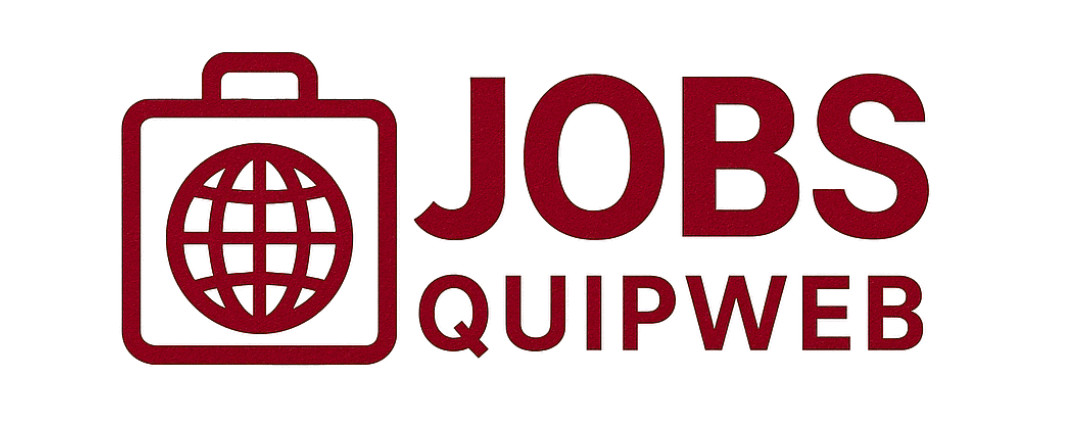Strategies for demonstrating project management skills in engineering applications are vital to success. I believe that clear communication is the heartbeat of any project. Without it, we stumble. I want to share how I lead teams and manage my time using smart techniques. You’ll discover how I enhance team communication and develop leadership skills that make a difference. Join me as I explore the tools and strategies that turn chaos into success in project management.
Effective Project Communication Techniques
The Importance of Clear Communication
When I think about project success, clear communication is always at the top of my list. It’s like the glue that holds everything together. Without it, projects can fall apart faster than a house of cards. I’ve learned that when I express my ideas clearly, everyone on my team understands their roles better. This clarity helps to avoid misunderstandings and keeps the project on track.
For example, during a recent engineering project, I made it a point to hold regular check-ins. These meetings allowed us to discuss our progress and address any issues. I noticed that when I communicated openly, my team felt more engaged and motivated.
Tools for Enhancing Team Communication
I’ve tried many tools to boost our communication, and some stand out. Here’s a table of my top picks:
| Tool | Purpose | Why I Like It |
|---|---|---|
| Slack | Instant messaging | Quick updates and feedback |
| Trello | Task management | Visual progress tracking |
| Zoom | Video conferencing | Face-to-face discussions |
| Google Drive | Document sharing | Easy collaboration |
Using these tools, I can keep everyone in the loop. For instance, Slack allows me to send quick messages, while Trello helps us see what needs to be done. This combination keeps our communication flowing smoothly.
How I Use Communication to Showcase Project Skills
I’ve found that effective communication is a powerful way to display my project management skills. When I share my thoughts clearly, I not only show my knowledge, but I also build trust with my team. I remember one project where I took the lead in presenting our plan to stakeholders. I used visuals and simple language to explain complex ideas. This approach helped everyone understand our goals and feel confident in our strategy.
Additionally, I always encourage feedback. When I ask for input, it shows I value my team’s ideas. This practice not only strengthens our bond but also enhances the project outcomes. I believe that sharing my communication strategies is key to demonstrating project management skills in engineering applications.
Leadership in Project Management
My Approach to Leading Teams
When I lead a team, I focus on communication and collaboration. I believe that every team member has something valuable to contribute. I make it a point to listen to their ideas and concerns. This helps to create a supportive environment where everyone feels empowered. I also set clear goals and expectations, so my team knows what we are working towards.
I like to check in regularly with my team. This keeps us all on the same page and helps to resolve any issues quickly. I also encourage feedback. I want to know what is working and what isn’t. This way, we can adjust our approach as needed.
Developing Leadership Skills in Projects
To develop my leadership skills, I focus on a few key areas:
- Continuous Learning: I read books and attend workshops to stay updated with the latest trends in project management.
- Mentorship: I seek out mentors who can guide me. Learning from their experiences is invaluable.
- Practice: I take every opportunity to lead projects, big or small. Each project teaches me something new.
I also encourage my team to develop their skills. I provide resources and support for their growth. This not only helps them but also strengthens our team.
Why Leadership Matters in Project Management
Leadership is crucial in project management. It directly impacts the success of a project. Here’s why:
| Reason | Explanation |
|---|---|
| Guidance | A strong leader provides direction and clarity. This helps the team stay focused. |
| Motivation | Good leaders inspire their teams to give their best. This drives better results. |
| Conflict Resolution | Leaders help navigate conflicts quickly. This keeps the project on track. |
In my experience, projects with strong leadership tend to be more successful. When I lead with clarity and support, my team thrives, and we achieve our goals.
Time Management Skills for Successful Projects
Strategies for Managing Time Effectively
Time management is crucial for anyone who wants to succeed in their projects. I’ve learned that planning and prioritizing are my best friends in this journey. Here are some strategies that have helped me manage my time effectively:
- Set Clear Goals: I always start with clear objectives. Knowing what I want to achieve keeps me focused.
- Create a Schedule: I make a daily or weekly plan to allocate time for each task.
- Use a Timer: I often use a timer to keep myself on track. It’s amazing how much I can get done in just 25 minutes!
- Limit Distractions: I find a quiet space to work. This helps me concentrate better and finish tasks faster.
Balancing Multiple Projects at Once
Juggling several projects can feel like spinning plates. I’ve been there, and it can be overwhelming! Here’s how I keep everything balanced:
- Prioritize Tasks: I list all my projects and rank them based on deadlines and importance.
- Break It Down: I divide larger projects into smaller tasks. This makes them feel less intimidating.
- Stay Flexible: Sometimes, things don’t go as planned. I’ve learned to adapt and shift my focus when necessary.
| Project Name | Deadline | Priority Level | Status |
|---|---|---|---|
| Project A | 2023-11-01 | High | In Progress |
| Project B | 2023-11-15 | Medium | Not Started |
| Project C | 2023-10-30 | Low | Completed |
My Time Management Techniques for Engineering Projects
In my engineering projects, time management is key. Here are some techniques I use:
- Use Project Management Tools: I rely on tools like Trello or Asana. They help me visualize my tasks and deadlines.
- Regular Check-ins: I schedule weekly check-ins with my team. This keeps everyone aligned and accountable.
- Reflect and Adjust: After each project, I take time to reflect. I ask myself what worked and what didn’t. This helps me improve for next time.
By applying these strategies for demonstrating project management skills in engineering applications, I’ve seen great results. It’s all about finding what works for me and sticking to it.






